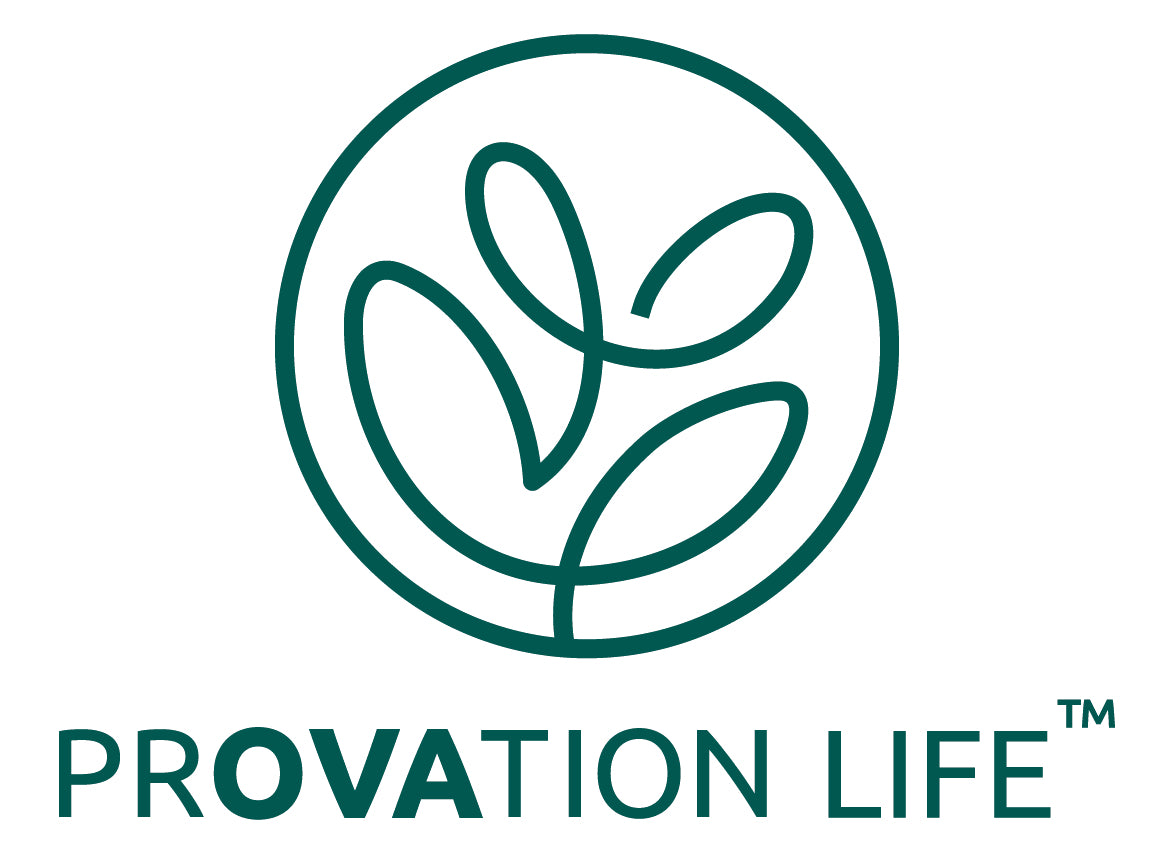Polycystic Ovary Syndrome, commonly known as PCOS, is a complex hormonal disorder that affects millions of women worldwide. While its physical symptoms like irregular periods, acne, and weight gain are well-documented, the often-overlooked impact of PCOS is on mental health. In this blog post, we'll explore the intricate connection between PCOS and mental health, how hormonal imbalances contribute to anxiety and depression, and strategies to manage your well-being alongside PCOS treatment.
The PCOS-Mental Health Connection
PCOS is characterized by hormonal imbalances, primarily involving insulin resistance and elevated levels of androgens (male hormones). These hormonal fluctuations can wreak havoc on your emotional well-being. Here's how:
Anxiety: High androgen levels can lead to symptoms like hirsutism (excess hair growth), acne, and hair thinning, which may affect self-esteem. Women with PCOS often report feeling self-conscious and anxious about their appearance, contributing to overall anxiety.
Depression: Hormonal imbalances can also impact neurotransmitters like serotonin, which play a crucial role in regulating mood. The result? An increased risk of depression for women with PCOS.
Irregular Menstrual Cycles: The unpredictable nature of menstrual cycles in PCOS can be emotionally distressing. The uncertainty and the potential difficulty in conception can lead to stress and depressive symptoms.
Strategies for Managing Mental Health alongside PCOS Treatment
Consult a Healthcare Professional: If you suspect you have PCOS and are experiencing mental health challenges, consult a healthcare professional. They can provide a comprehensive diagnosis and create a personalized treatment plan.
Balanced Diet and Exercise: Maintaining a balanced diet and engaging in regular exercise can help manage hormonal imbalances. It's important to remember that one size doesn't fit all – consult a nutritionist or fitness expert for a personalized plan.
Mindfulness and Stress Reduction: Mindfulness techniques, such as meditation and deep breathing, can help reduce stress and anxiety. Consider integrating these practices into your daily routine.
Support Networks: Joining support groups or seeking therapy can provide a safe space to share experiences and emotions. You're not alone in this journey, and connecting with others who understand your struggles can be immensely reassuring.
Medication and Therapy: In some cases, healthcare providers may recommend medication to manage anxiety and depression. Therapeutic approaches like Cognitive-Behavioral Therapy (CBT) have also been effective for many women with PCOS.
Regular Check-Ups: Keep up with regular check-ups with your healthcare provider. They can monitor your progress, adjust your treatment plan as needed, and provide emotional support.
Remember, managing mental health alongside PCOS is a journey that requires patience and self-compassion. Seek the support of professionals and loved ones, and don't hesitate to reach out when you need help.
In conclusion, the connection between PCOS and mental health is an important but often under-discussed aspect of this condition. The hormonal imbalances associated with PCOS can have a profound impact on anxiety and depression. By understanding this link and implementing strategies for mental well-being, you can lead a fulfilling life while managing your PCOS effectively. You're not alone in this journey, and there is help and hope available for those who seek it.












